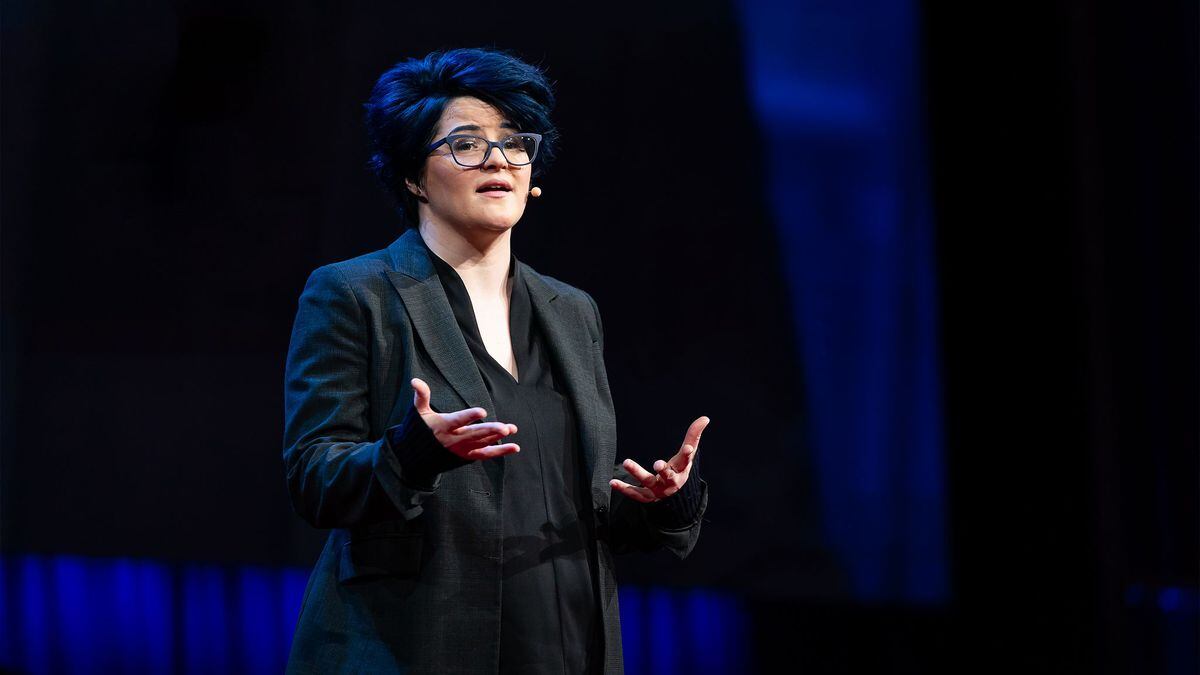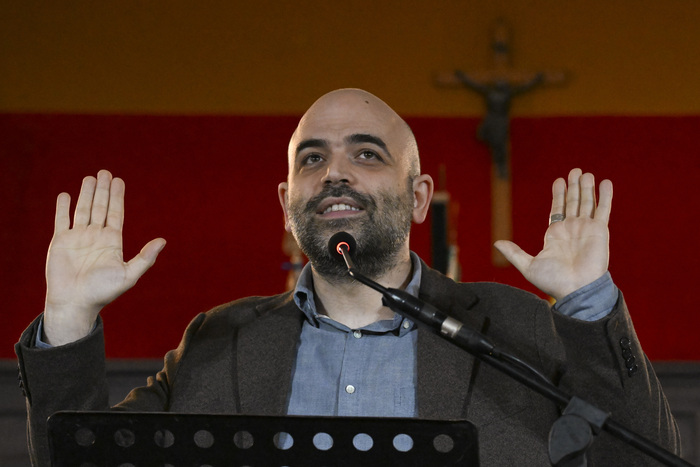Nominated for the German Non-Fiction Prize: Hanno Sauer. © Piper Verlag
In his book "Morality", Hanno Sauer questions how good and evil came into being. Now he could win the German Non-Fiction Prize for it. Our reading tip.
What's wrong with us? Where does it come from, this aggressive, irreconcilable tone in political debates, this radical insistence on attitude, on constant positioning for or against a cause. Only shrillness – where have they gone, the soft nuances?
A surprising answer is provided by Hanno Sauer in his book "Moral. The Invention of Good and Evil". On June 1, 2023, he could be one of eight nominees to be awarded the German Non-Fiction Prize. One wishes this for the author, who was born in 1983, because such an award always ensures that even more people read the book. Would be good for our society. After all, reading not only makes you smarter – but also more relaxed about overheated discussions about gender or the energy transition.
To anticipate one of his most important theses: "Our political disagreements are usually very superficial, and beneath this surface there are deep-seated, universal moral values that all people share and that could be the basis of a new understanding." In fact, it is downright touching when one reads the study examples cited by Sauer, in which people were very easily persuaded by manipulative tricks to argue for a political view that they did not actually share.
How we became who we are: From the Neanderthals to the present day, Hanno Sauer's book, in which he reflects on how human moral concepts have developed worldwide. © Neanderthal Museum
Sometimes it is enough to change the signs: If the political argument is presented by the member of parliament whose party you vote for, you agree. If one of the other parties does it, you are against it. The reason for this irrational flutteriness lies in our history. We naked deficient beings have learned over the millennia that we are only able to survive through cooperation with others. An important glue that holds together the groups in which we organize ourselves are values and norms. This applies from small prehistoric groups to modern large civilizations. So we vote for parties today not so much because of their proposed solutions to problems, but because of shared group identities.
Sauer, who teaches ethics at Utrecht University as Associate Professor of Philosophy, is fascinated by the fact that he is accompanied back to the origins of human history. He travels through an unimaginable time of five million years with us in fast forward. Because to understand how we can solve our current crisis of division, it is worth looking far back. To where human cooperation began.
Hanno Sauer undertakes a crazy journey through the entire history of mankind
His explanations of how values, norms and practices have changed all over the world are listened to with hot ears. What role religion, environmental influences, globalization played. This trip through the millennia is underpinned by theories and studies from psychology, biology, philosophy, ethics; and garnished with exciting facts: Why are our eyeballs white? Why do people in Scandinavia tend to be blond and blue-eyed?
At the end of this crazy journey is our no less crazy present. At which we have still not fulfilled the promise of freedom and equality for all. Ironically, it is precisely the social institutions to which we owe our prosperity that perpetuate injustices. "The more developed modern societies are, the harder it becomes to change them, the more unwieldy and unwilling to control they become. Social injustices are more difficult to remedy politically," explains Sauer. And that's where language comes in. "Out of desperate urgency, the focus increasingly shifted to symbolic-linguistic territory, because the ethereal world of words and images is easier and faster to change than the stubbornly immobile realm of traditions and institutions." As a result, our moral vocabulary has become confused – we get tangled up in relentless debates of "us" versus "them".
0
Also Read
Peter Gabriel on Königsplatz: The Goosebumps Man
READ
The rock icon admits: "I embarrassed myself at Circus Krone"
READ
Heats up faster than any heat pump: Grönemeyer succeeds in doing something that is never really easy in Munich
READ
The new "Tatort" from Vienna: Alone against the Mafia
READ
Behind the scenes of the BR cult series: For a day in Lansing dahoam
READ
Fancy a voyage of discovery?
My Area
A book that can bring calm to the debates about gender and the climate crisis
In a balanced way, Sauer advocates more gentleness with regard to the question of gender, for example. Pleads for patience in the current upheaval: "Here both sides owe a concession to the rest of society: the reformers a greater understanding of the provisionality, negotiability and (sometimes) ugliness of their own ideas; the preservatives a greater willingness to see the righteous core in those efforts, rather than sulking and pretending that they have never learned a new word before."
Moral norms are subject to development. And this is probably the most important insight in the rich reading: We have to check our own morals again and again. Those who realize to themselves that political convictions sometimes depend only on the hair color of the chancellor candidate can react more calmly to the opinions of others. And – crazy idea! – critically question one's own. "The moral values that bind us together go deeper than we think, and the political divides that divide us are less deep than we think." Hanno Sauer: "Morality. The Invention of Good and Evil". Piper, Munich, 400 p.; 26 euros.






/cloudfront-eu-central-1.images.arcpublishing.com/prisa/24M3YUMX6NDCDENHEQH67MB7VY.jpg)


